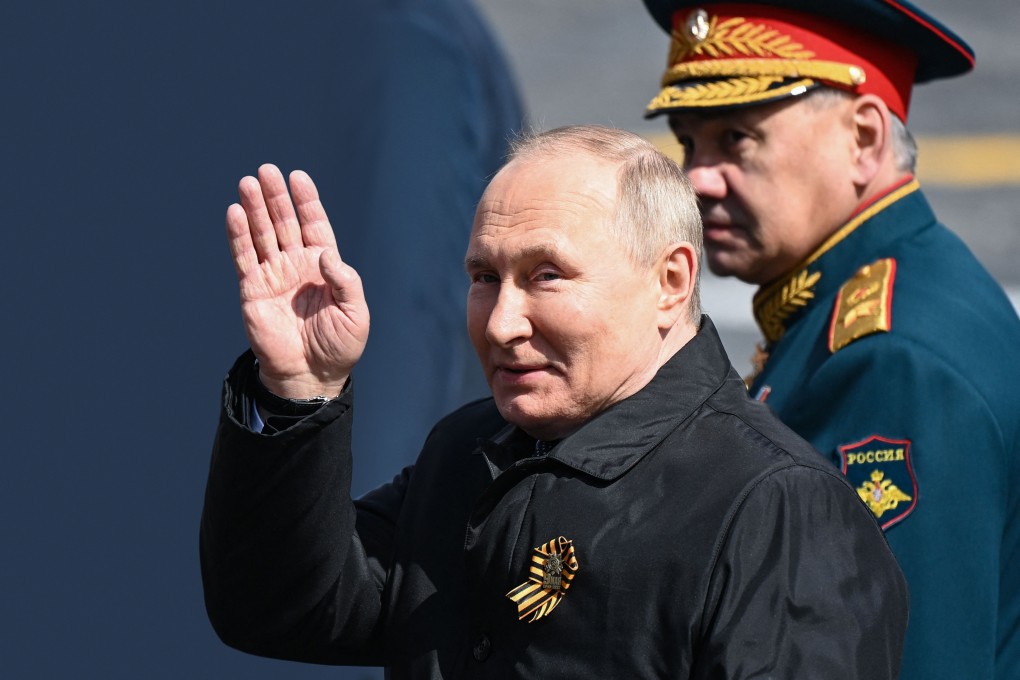Advertisement
Letters | Why Russia is in no hurry to replace Putin
- Readers discuss the long careers of some leaders, such as the current president of Russia, Julian Assange’s extradition order, and the EU’s move to ban heated flavoured tobacco products
2-MIN READ2-MIN
4

Feel strongly about these letters, or any other aspects of the news? Share your views by emailing us your Letter to the Editor at [email protected] or filling in this Google form. Submissions should not exceed 400 words, and must include your full name and address, plus a phone number for verification.
Bing Chiu (“It’s hard to talk about dreams now”, June 26) will undoubtedly agree that the largest democracy in the world is India. But this is how the Indian writer Khushwant Singh describes in his book The Sunset Club an election in his country: “One party of corrupt politicians loses, another party of corrupt politicians wins”.
Russian voters avoid that Sisyphean task, but our corrupt officials are not safe, with a top Kremlin economist Alexey Ulyukaev being detained in 2016 for bribery and his colleague Vladimir Mau last month for fraud.
Advertisement
Here those above them are ousted, like Mikhail Gorbachev in 1991, only when our shops are empty. As now they are full we see no reason to replace Vladimir Putin and his team, and it must be the same in China.
We have a saying: horses grazing on oats don’t flee from the oats, people when prosperous don’t seek prosperity. Hong Kong after being governed by the UK must have adopted quite an opposite attitude best expressed in John Milton’s 1637 poem Lycidas: Tomorrow to fresh woods, and pastures new.
Advertisement
Mergen Mongush, Moscow
Julian Assange no different to war reporters in Ukraine
Advertisement
Select Voice
Select Speed
1.00x